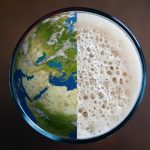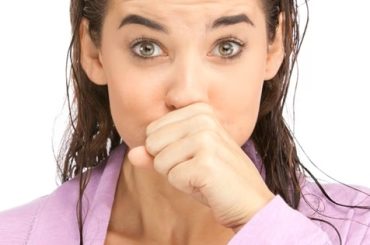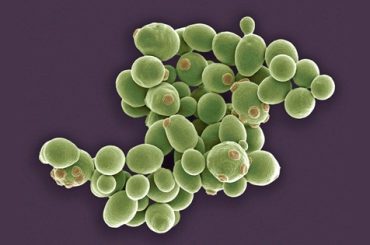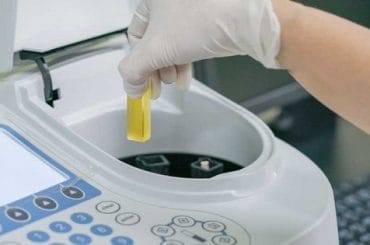This post is also available in:
Español
Português
In recent years, men’s interest in understanding how dietary habits influence prostate health has grown significantly. Among the most discussed beverages, beer continues to generate controversy both in the medical community and among patients themselves.
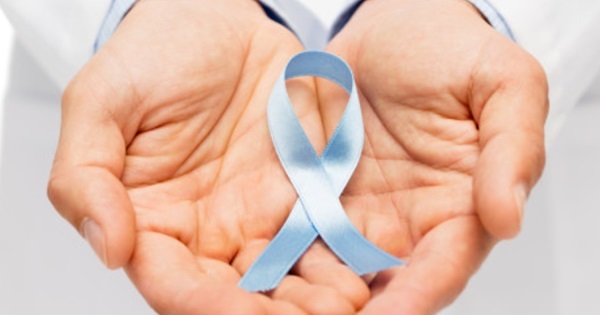
Urology and functional nutrition specialists agree there’s no one-size-fits-all answer, though scientific evidence does allow us to more precisely analyze the potential effects of moderate beer consumption on the prostate gland.
This is why, beyond common generalizations, we must consider its biochemical composition, consumption patterns, and the underlying biological mechanisms.
Contenido
What is the Prostate?
The prostate is a gland unique to the male reproductive system, located just below the bladder and surrounding the urethra. Its primary function is to produce part of the seminal fluid that nourishes and transports sperm.
Beer and Prostate Health
When discussing prostate health, particularly in men over 40, several recurring questions emerge:
Does regular beer consumption affect the development of prostate conditions like benign hyperplasia (BPH) or prostate cancer? Could moderate beer consumption have any positive effects on prostate tissue?
Nutritional Composition
Before analyzing its impact on the prostate, it’s important to understand what ingredients compose an average beer. While primarily associated with alcohol content, beer contains other nutritionally relevant components.
Beer consists mainly of water, followed by complex carbohydrates from malt, plant proteins, B-complex vitamins, minerals like magnesium, potassium, zinc and selenium, as well as phenolic compounds with antioxidant activity.
One of the most interesting elements from a hormonal perspective is the presence of prenylated flavonoids derived from hops, particularly 8-prenylnaringenin, which has properties similar to the body’s natural estrogens.
These compounds have generated scientific interest for their potential modulating action on hormone-sensitive tissues like the prostate.
Prostate Cancer Risks
Numerous epidemiological studies have explored the relationship between alcohol consumption and prostate cancer risk, with varying results depending on the type and quantity of beverages consumed.
A 2016 meta-analysis published in Cancer Epidemiology, Biomarkers & Prevention showed that excessive alcohol consumption (more than 50 grams of ethanol daily, equivalent to approximately five beers per day) was associated with a slight increase in prostate cancer risk, particularly in advanced stages.
However, this risk wasn’t significant for occasional or moderate consumers (one to two beers per day).
Regarding specific alcoholic beverages, some studies suggest moderate beer consumption doesn’t carry the same risk as distilled spirits.
A prospective Swedish study published in The British Journal of Cancer in 2001 found that men who consumed beer moderately had lower serum levels of prostate-specific antigen (PSA), potentially suggesting reduced prostate inflammation associated with light consumption.
Anti-inflammatory and Antioxidant Effects
The phenolic compounds present in beer, especially those derived from hops, have antioxidant and anti-inflammatory properties that may have a regulatory effect on prostate tissue.
8-prenylnaringenin, for example, has been shown to inhibit cell proliferation in human prostate cell lines in vitro, according to research published in Molecular Nutrition & Food Research in 2012.
Additionally, the zinc present in beer, though in moderate amounts, is a fundamental mineral for normal prostate function, as low zinc levels in this gland are associated with increased risk of inflammation and abnormal tissue growth.
Benign Prostatic Hyperplasia
Regarding benign prostatic hyperplasia (BPH), one of the most common disorders in men over 50, there’s little direct evidence about beer consumption’s impact.
However, we know excessive alcohol consumption can indirectly affect bladder function by altering detrusor muscle contractility and increasing nighttime urine production.
There’s no conclusive evidence that moderate beer consumption worsens urinary symptoms associated with BPH.
Conversely, some studies suggest that beer’s antioxidant profile might help reduce oxidative stress in prostate tissue, a factor implicated in this condition’s progression.
Moderate Consumption and Balance
In summary, moderate beer consumption (up to 2 units daily) doesn’t appear significantly linked to increased risk of prostate diseases in most available studies.
Moreover, some of its bioactive components, like hop flavonoids, may offer antioxidant and anti-inflammatory benefits for tissues like the prostate.
However, it’s crucial to remember that excessive consumption of any alcoholic beverage, including beer, is associated with multiple negative health effects, including impacts on the male endocrine and reproductive systems.
Additionally, individual factors like genetics, overall diet, physical activity level, and family history play a much more significant role in developing prostate pathologies than occasional beer consumption.
Prostate health specialists recommend patients maintain healthy habits, undergo regular check-ups, and if consuming alcohol, do so in moderation, always prioritizing quality of life and comprehensive prevention.
References
- Zhao, J., Stockwell, T., Roemer, A., & Chikritzhs, T. (2016). Is alcohol consumption a risk factor for prostate cancer? A systematic review and meta-analysis. Cancer Epidemiology, Biomarkers & Prevention, 25(6), 934-945. https://doi.org/10.1158/1055-9965.EPI-15-0726
- Schoonen, W. M., Salinas, C. A., Kiemeney, L. A., & Stanford, J. L. (2001). Alcohol consumption and risk of prostate cancer in middle-aged men. British Journal of Cancer, 85(5), 682-685. https://doi.org/10.1054/bjoc.2001.1962
- Possemiers, S., Bolca, S., Grootaert, C., Heyerick, A., Decroos, K., Dhooge, W., De Keukeleire, D., Rabot, S., Verstraete, W., & Van de Wiele, T. (2012). The prenylflavonoid isoxanthohumol from hops (Humulus lupulus L.) is activated into the potent phytoestrogen 8-prenylnaringenin in vitro and in the human intestine. Molecular Nutrition & Food Research, 56(12), 1868-1880. https://doi.org/10.1002/mnfr.201100519
- Downer, M. K., Kenfield, S. A., Stampfer, M. J., Wilson, K. M., Dickerman, B. A., Giovannucci, E. L., & Mucci, L. A. (2021). Alcohol intake and risk of lethal prostate cancer in the Health Professionals Follow-up Study. Journal of Clinical Oncology, 39(28), 3098-3108. https://doi.org/10.1200/JCO.21.00585
- Zhang, P., Wang, W., Wei, Q., Li, X., & Xu, Y. (2022). Association between alcohol consumption and prostate-specific antigen levels in healthy men: A cross-sectional study from the National Health and Nutrition Examination Survey. Frontiers in Nutrition, 9, 876016. https://doi.org/10.3389/fnut.2022.876016
No se encontraron productos.
Recommended
- Global kombucha market could exceed USD 11 billion by 2030
- Joseph L. Owades: The biochemist who invented American “light” beers



